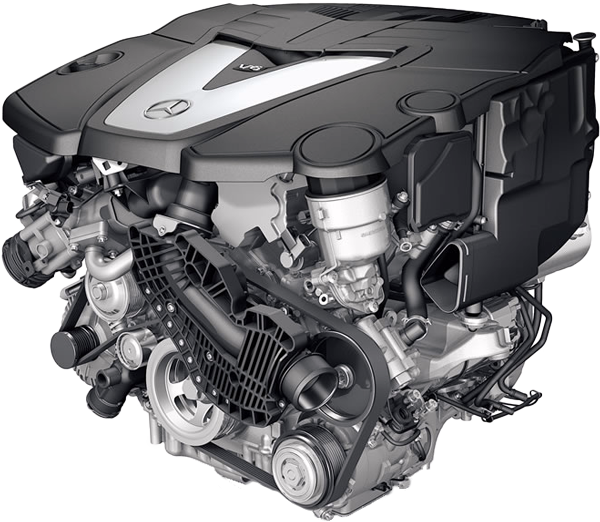The Comparative Analysis :
Mercedes E 400 7G-TRONIC PLUS (13 - 15) vs. Mercedes E 500 4MATIC 7G-TRONIC (09 - 11)
€ 56,300

€ 71,400

€ 56,300
Base Price ⓘBase price of a new vehicle with standard equipment in Germany at market launch.
€ 71,400
ⓘBase price of a new vehicle with standard equipment in Germany at market launch. Price Info
Vehicle Dimensions
Тhere is barely any difference in dimensions between the two vehicles. Both cars are the same width, but the E 400 is 1.1 cm longer and 0.3 cm taller.
E 400
E 500
1474
1854
2071
1471
1854
2071
1854 mm
Width
1854 mm
2071 mm
Width Incl. Mirrors
2071 mm
1474 mm
Height
1471 mm
2874
4879
2874
4868
4879 mm
Length
4868 mm
2874 mm
Wheelbase
2874 mm
Vehicle Weight
E 400
E 500
1785 kg
Kerb Weight
1880 kg
2350 kg
Gross Vehicle
Weight
Weight
2425 kg

Weight Difference:
95 kg
5.05 %

General
E 400
E 500
W212
Generation
W212
Saloon
Car Body Style
Saloon
Unleaded (95 RON)
Fuel Type
Unleaded (95 RON)

Rear-wheel drive
Drive
Permanent all-wheel drive

7-speed automatic transmission
Transmission
7-speed automatic transmission
Engine
E 400
E 500
V6 petrol engine with two turbochargers (biturbo)
Engine Type
V8 petrol engine (naturally aspirated engine)
Mercedes-Benz M 276
Engine Series
Mercedes-Benz M 273
M 276.820
Engine Code
M 273.970


4
Valves
4
6
Cylinders
8
2996 CC
Engine Capacity
5461 CC
328 bhp
at 5500 rpm
Power
383 bhp
at 6000 rpm
E 400
328 bhp
383 bhp
E 500
480 NM
at 1400 rpm
Max. Torque
530 NM
at 2800 rpm
E 400
480 NM
530 NM
E 500
Performance
E 400
E 500
155 mph
Maximum Speed
155 mph
5.3 sec
Acceleration 0 to 62 mph
5.4 sec
62 mph
62
mph
mph
74 m
0.000 sec

E 400
62 mph
62
mph
mph
75 m
0.000 sec

E 500
▶ REPLAY
5.44 kg/bhp
Weight-to-Power Ratio
4.91 kg/bhp
E 400
5.44 kg/bhp
4.91 kg/bhp
E 500
Fuel Economy / Emissions
E 400
E 500
Fuel Economy
38 mpg
combined
26 mpg
E 400
38 mpg
26 mpg
E 500
27 mpg
city
17 mpg
49 mpg
motorway
35 mpg
59 L
Fuel Tank Capacity
80 L
489 mi
Range
452 mi
E 400
489 mi
452 mi
E 500
Environmental Impact
142.1 kWh
Total Energy Consumption
per 100 miles ⓘThe total energy consumption per 100 miles is the amount of energy consumed by a vehicle when burning fuel or using electricity per 100 miles (final energy), and the energy required to produce the appropriate amount of fuel or electricity (primary energy).
per 100 miles ⓘThe total energy consumption per 100 miles is the amount of energy consumed by a vehicle when burning fuel or using electricity per 100 miles (final energy), and the energy required to produce the appropriate amount of fuel or electricity (primary energy).
208.4 kWh
E 400
142.1 kWh
208.4 kWh
E 500
Euro 6b (NEFZ)
Emission Standard
Euro 5
175 g/km (NEFZ)
CO2 Emissions
258 g/km (NEFZ)
Practical Convenience
E 400
E 500
4
Doors
4
5
No. of Seats
5
565 kg
Maximum Payload
545 kg
540 L
Boot Capacity
540 L










No data
Boot Capacity (Seats Down)
No data





















